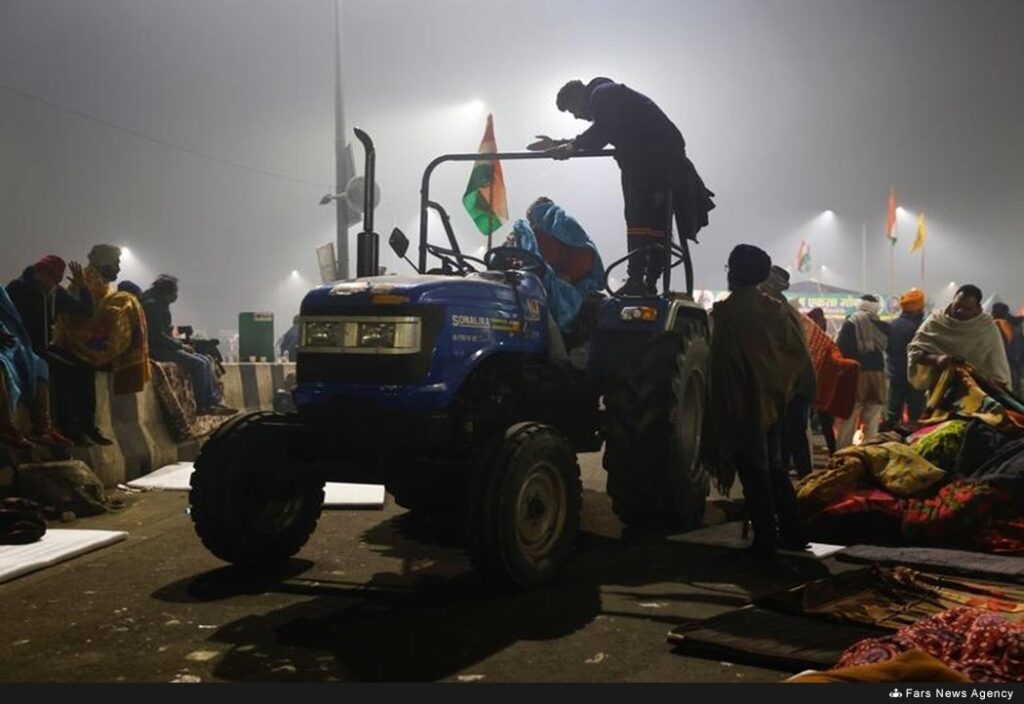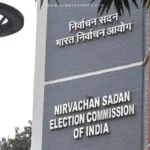
Thousands of farmers have gathered in Delhi today to march towards the Parliament complex, pressing for their demands. This large-scale protest has led to heightened security measures and traffic diversions across Delhi-NCR. Organized by prominent farmers’ unions, the demonstration seeks to address unresolved issues that have been impacting India’s agricultural community.
Key Demands of the Farmers
Legal Guarantee for MSP (Minimum Support Price):
Farmers are demanding a legally binding minimum support price for their crops to ensure fair compensation and protect them from market fluctuations. This has been a long-standing issue since the repeal of the three controversial farm laws.
Waiver of Farm Loans:
The unions have called for complete loan waivers to alleviate the financial burden on farmers, many of whom are trapped in debt cycles due to crop failures and low incomes.
Compensation for Losses During Agitation:
Farmers have sought compensation for the economic losses they incurred during the previous protests against the farm laws, including damages to crops and transportation delays.
Withdrawal of Cases Filed During Previous Protests:
Many farmers face legal cases from the 2020-2021 protests. They are urging the government to withdraw these cases, which they argue were filed as a means to suppress dissent.
Better Crop Insurance Schemes:
Improvements to the Pradhan Mantri Fasal Bima Yojana (PMFBY) are being demanded to ensure timely payouts and effective coverage for crop losses due to natural disasters.
Security Measures in Delhi
To manage the large influx of protestors and prevent disruptions, Delhi police and paramilitary forces have implemented strict security arrangements:
- Route Diversions: Major roads around the Parliament complex and key areas in Delhi-NCR have been diverted.
- Deployment of Forces: Additional police personnel and barricades have been stationed at sensitive locations.
- Protest Zones: Designated areas have been set up for the protest to avoid clashes and ensure safety.
- Commuters have been advised to check traffic updates and plan their routes accordingly.
Reactions from Farmers’ Unions
Leaders of farmers’ unions have emphasized that the protest is peaceful and aimed at drawing attention to their demands. They argue that despite assurances from the government during earlier protests, many issues remain unresolved.
“Our demands are legitimate, and we will continue to fight until they are met. We want the government to act, not just promise,” said a union leader.
Government’s Stance
The central government has reiterated its commitment to addressing farmers’ concerns. While discussions have been held with farmers’ representatives in the past, the government has yet to make any official announcement regarding their current demands.
Impact on Daily Life
The protest has caused significant disruptions in Delhi and surrounding areas:
- Traffic Congestion: Commuters in Delhi-NCR are facing delays due to road closures and diversions.
- Public Transport: Bus and metro services have been partially affected, with increased crowds at operational stations.
- Businesses: Shops and offices near the protest sites are seeing reduced footfall.
- Long-Term Implications
The ongoing protests underline the need for stronger communication and policy-making that addresses the root causes of agrarian distress. Experts suggest the following measures:
- Policy Reforms: Introducing comprehensive agricultural policies that ensure long-term sustainability and fairness for farmers.
- Dialogue: Establishing a permanent platform for regular discussions between farmers’ unions and the government.
- Economic Support: Providing financial packages to alleviate immediate crises and improve rural infrastructure.
Conclusion
The farmers’ protest in Delhi is a stark reminder of the unresolved challenges facing India’s agricultural sector. As thousands march towards the Parliament, their demands for fair compensation, loan waivers, and policy reforms reflect deep-seated issues that require urgent attention. A constructive dialogue between the government and farmers is essential to foster trust and build a sustainable future for Indian agriculture.









































Leave a Reply